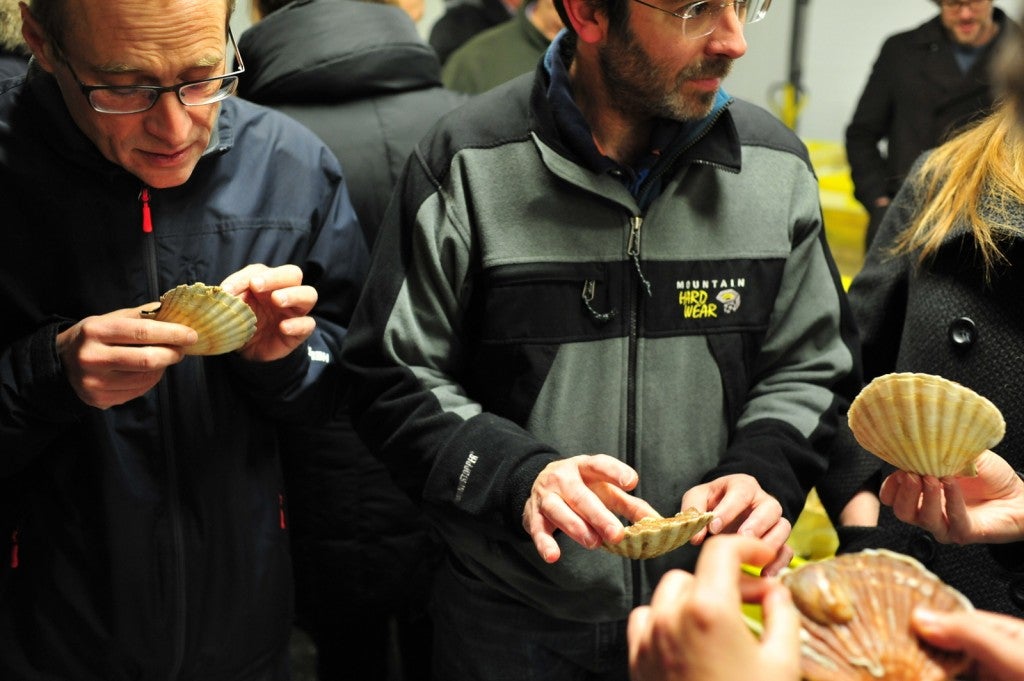The UK Fisheries White Paper has finally landed. This hugely anticipated document provides a blueprint for future fisheries management in the UK as it forges the country’s own path after Brexit. The paper sets out aspirations for achieving a ‘gold standard’ for UK fisheries management – an area which the paper acknowledges is of ‘totemic importance’.
A fresh start is a rare thing in fisheries management, and there’s plenty to indicate that the UK is ambitious in making the most of re-defining its approach to fisheries science and international relationships when it comes to our seas. We welcome innovative approaches to managing quota, such as the Government’s planned quota reserve, which will pool new quota potentially resulting from Brexit negotiations. This shows Government are switched on to the power of quota-based incentives to support best practice in sustainable fishing (as described in my previous blog on quota). Concerns remain, however that there is still an imbalance between large and small scale operators and that Government should do more to make quota available to smaller, low impact vessels. Read More










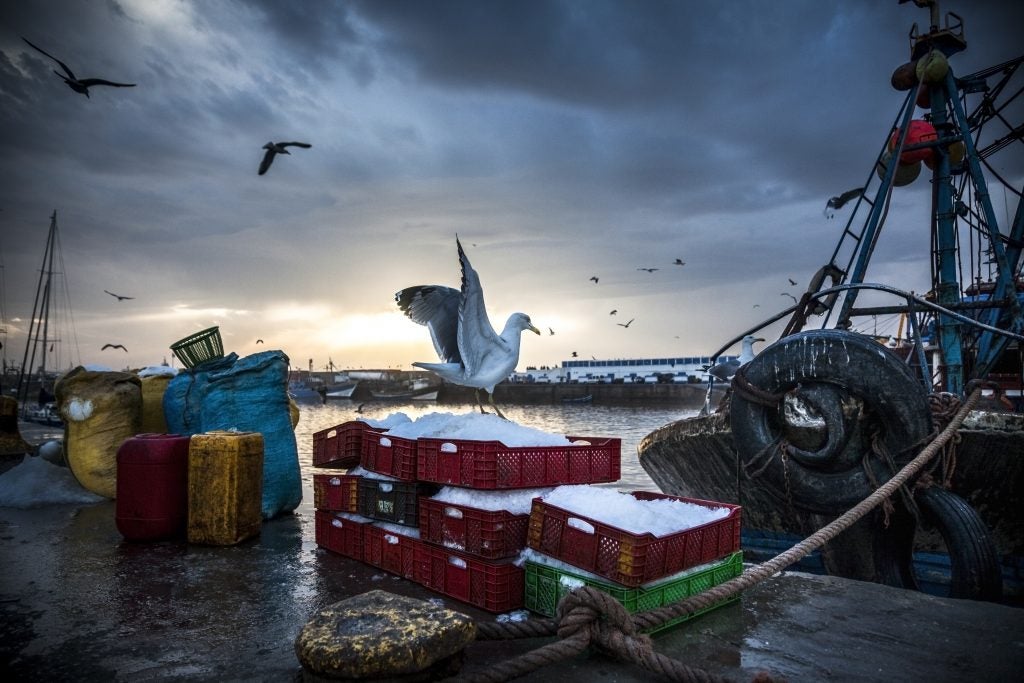
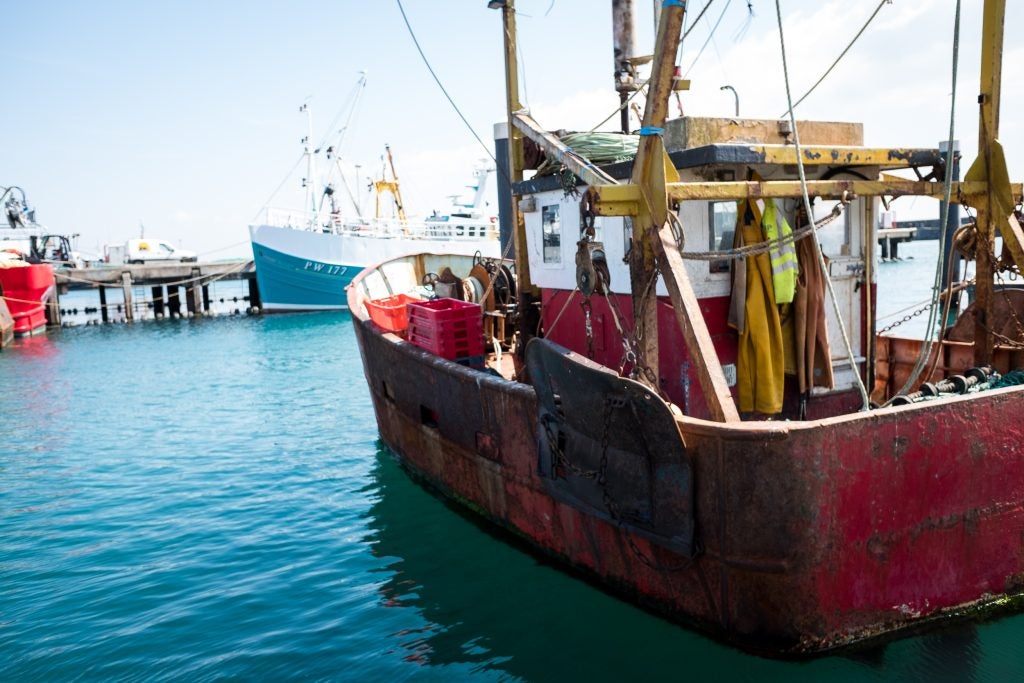
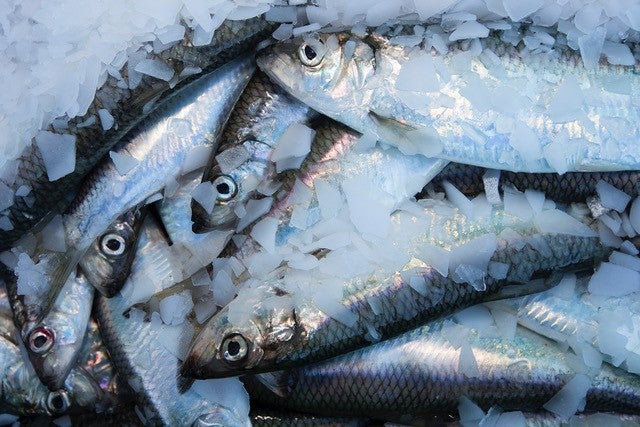
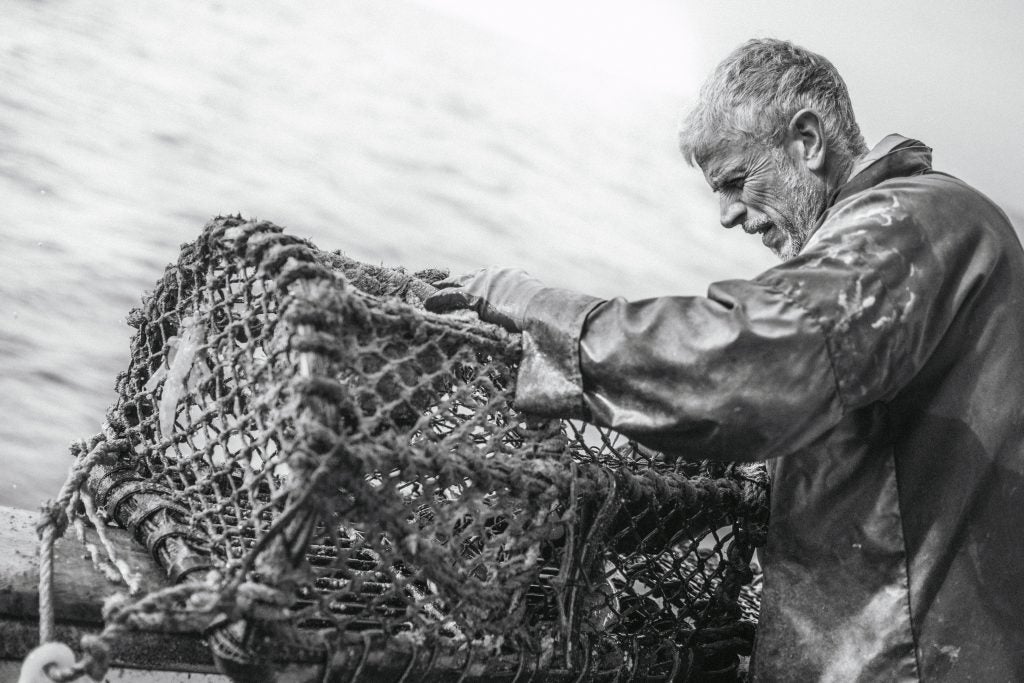
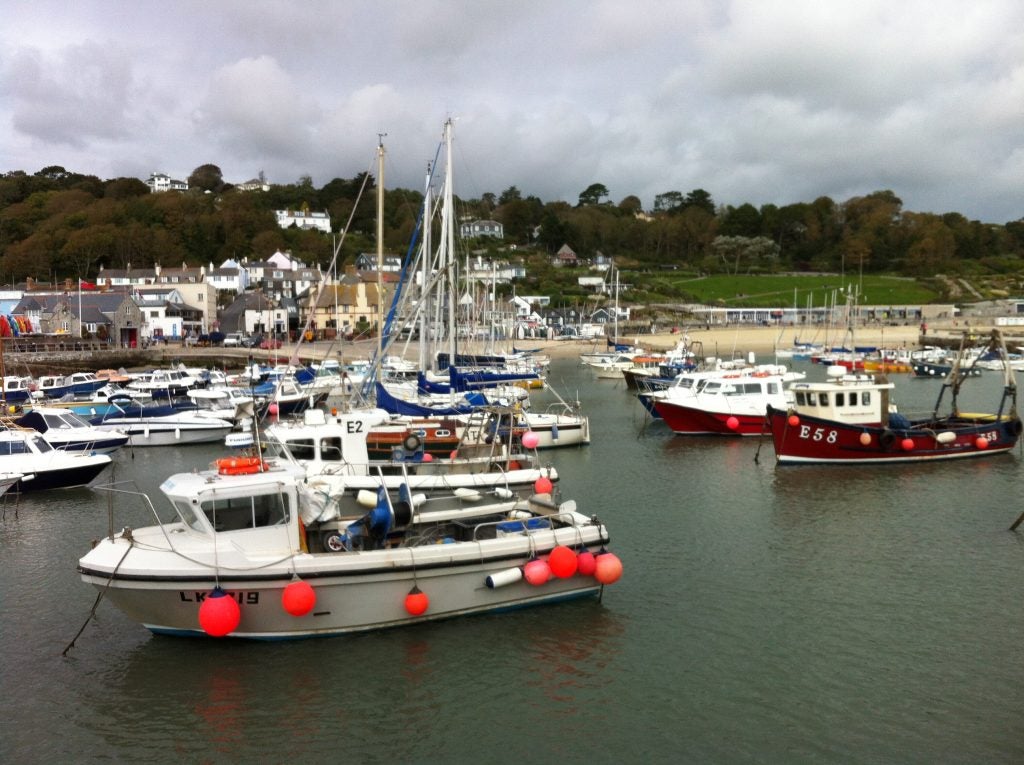 (
(